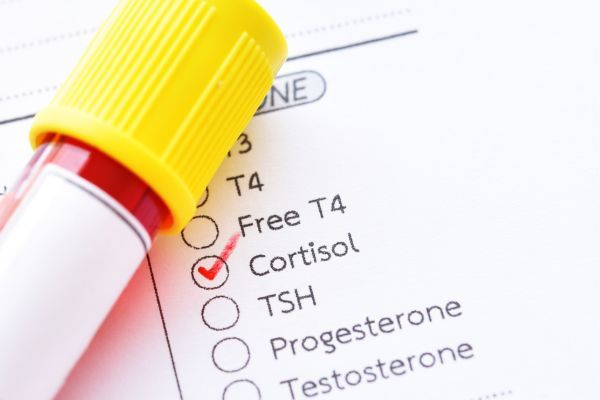Resource Page for Hormones
Your Hormone Health Journey Starts Here
Embarking on a journey to understand and manage your hormone health is a significant step towards a balanced and fulfilling life. At Strawbridge Health, we recognize the complexities and importance of hormone health, which is why our wellness health center in Decatur, GA has curated this guide to provide you with valuable insights and resources. Whether you're seeking information on hormone therapy, fertility, menopause, or general hormone health, this guide aims to empower you with knowledge and support to navigate your hormone health journey effectively.

Understanding Hormone Health
Take control of your life by better understanding the impact your hormones can have on your body.

Hormones 101: A Basic Overview
Hormones are chemical messengers that play a crucial role in regulating various processes in the body, including growth, metabolism, mood, and reproduction. They are produced by glands such as the pituitary, thyroid, adrenal, and reproductive glands. Understanding how hormones work and their impact on your health is essential for maintaining overall well-being.

Common Hormonal Imbalances
Hormonal imbalances can occur due to various factors such as stress, diet, lifestyle, and medical conditions. Common hormonal imbalances include:
Estrogen Dominance: When the levels of estrogen in the body are higher than progesterone, it can lead to symptoms such as weight gain, irregular periods, and mood swings.
Thyroid Imbalance: Thyroid hormones play a crucial role in metabolism. An imbalance in thyroid hormones can lead to symptoms such as fatigue, weight gain, and hair loss.
Adrenal Fatigue: Chronic stress can lead to adrenal fatigue, where the adrenal glands are unable to produce enough hormones such as cortisol. Symptoms include fatigue, cravings for salty foods, and difficulty sleeping.

Managing Hormonal Imbalances
Managing hormonal imbalances involves addressing the underlying causes and adopting healthy lifestyle practices. Some tips for managing hormonal imbalances include:
Eating a balanced diet rich in fruits, vegetables, whole grains, and lean proteins.
Managing stress through practices such as yoga, meditation, or mindfulness.
Getting regular exercise to help regulate hormone levels and improve overall health.
Getting enough sleep to allow your body to rest and recharge.
Hormone therapy can also be an effective treatment option for managing hormonal imbalances. It involves the use of hormones such as estrogen, progesterone, or testosterone to supplement or replace the body's natural hormones.

Fertility and Hormone Health
Fertility is closely linked to hormone health, as hormonal imbalances can affect ovulation and reproductive function. Understanding your hormone levels and how they impact fertility is essential for those trying to conceive. Fertility treatments such as ovulation induction, intrauterine insemination (IUI), and in vitro fertilization (IVF) may be recommended for those struggling with fertility issues.

Menopause and Hormone Health
Menopause is a natural process that occurs as women age, leading to a decline in estrogen and progesterone levels. This hormonal shift can lead to symptoms such as hot flashes, night sweats, and mood swings. Hormone replacement therapy (HRT) is a common treatment option for managing menopausal symptoms and improving quality of life.
Visit Our Wellness Health Center in Decatur, GA
At Strawbridge Health, we understand the importance of hormone health and its impact on overall well-being. We hope this guide provides you with valuable insights and resources to empower you on your hormone health journey. If you have any questions or would like to learn more about our hormone health services, please don't hesitate to contact our wellness health center in Decatur, GA.

